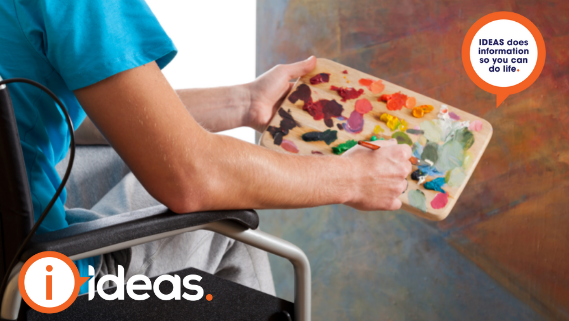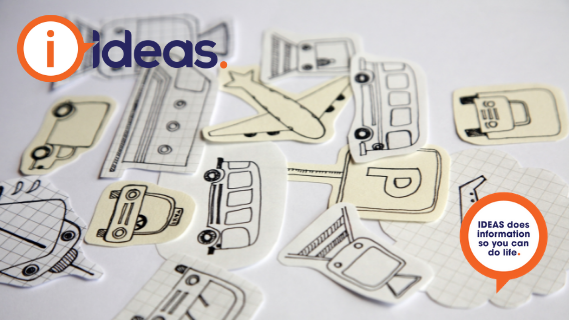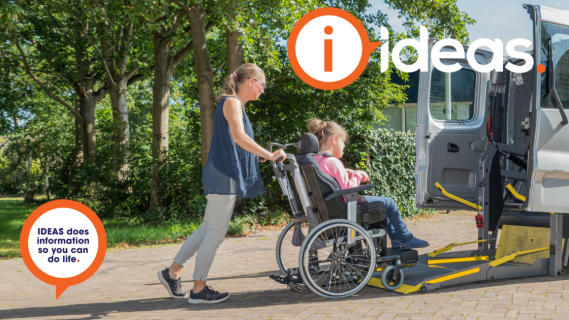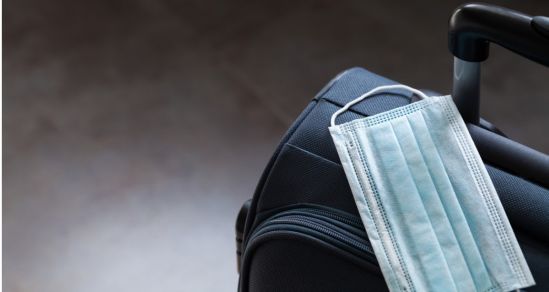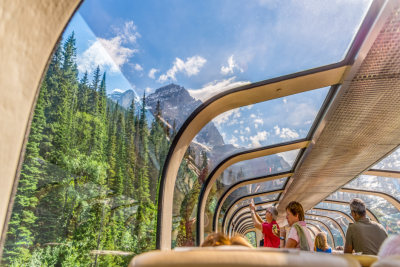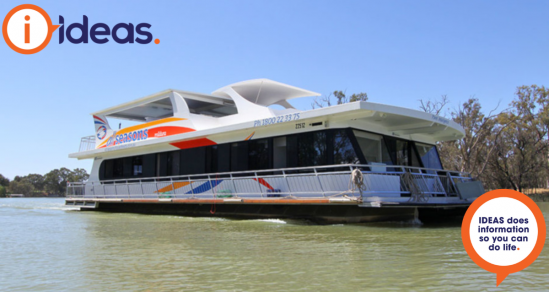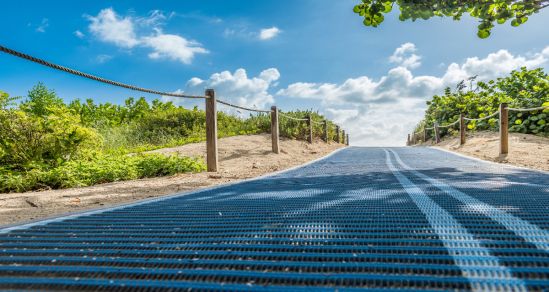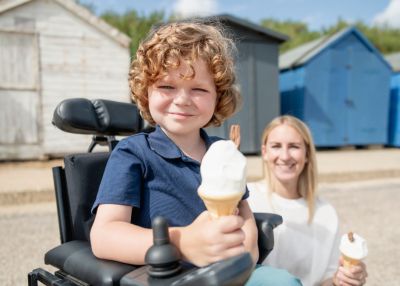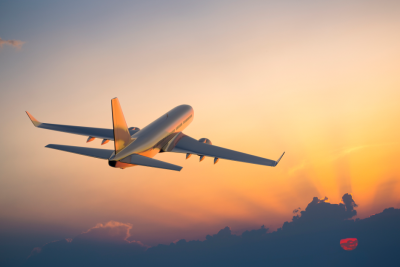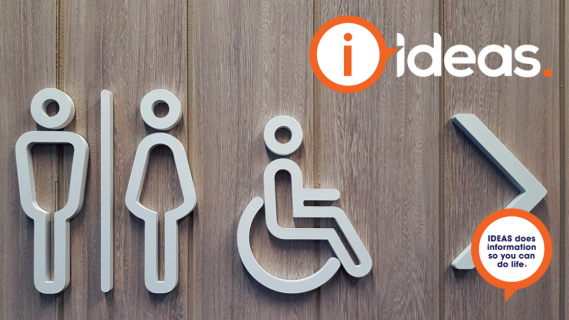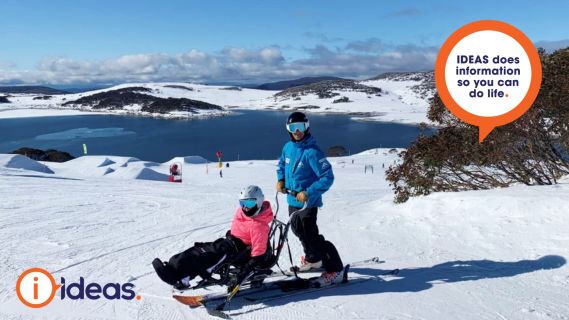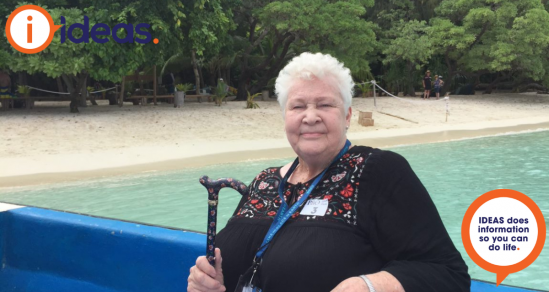Visit England and Visit Scotland together this October launched a Business Support Guide titled “Dementia-Friendly Tourism.” In partnership with Alzheimers Society England’s Inclusive Tourism Action Group.
The guide is a resource for Tourism Operators and has information about Dementia, catering to the market, practical suggestions, simple improvements, case studies, and links to resources for further reading.
Dementia, like hearing impairment, MS, autism or anxiety, for example, can be classed as an “invisible disability’ and not always evident to observers. Australia is making inroads into catering for accessibility and in June 2017 Brisbane Airport was named Australia’s first dementia-friendly airport by Alzheimer's Australia. They launched a downloadable guide Ensuring a Smooth Journey for the Airports International Terminal. This guide was aimed at Persons with Dementia, their friends, carer’s and travel companions, with the aim to make travel as simple and enjoyable as possible. It covers planning the journey, considerations, arranging essentials, getting to the airport, the check-in process and departure, arrivals and transfers and other resources available.
Following overseas developments, Brisbane Airport kickstarted a Hidden Disabilities Program and created an Accessibility Journey Planner, where virtual exploration of the airport and sections is available. Other Australian Airports have been gradually following suit, with Melbourne Airport incorporating sensory maps, social stories and a lanyard program whilst Sydney Airport lists information on assistance and ambassadors. Hobart Airport provides videos of the airport experience and accessible facilities map. Adelaide Airport has a written account with contact numbers for assistance, whilst Perth Airport has limited information here.
In 2018 Dementia Australia produced a booklet for people with dementia and their carers “Travelling and holidays with Dementia”. The guide also lists Helplines and useful information and contacts from the planning stages to the return home.
Article 30 Part 5 of the Convention on the Rights of Persons with Disabilities (CRPD) states:
"c) To ensure that persons with disabilities have access to sporting, recreational and tourism venues;
d) To ensure that children with disabilities have equal access with other children to participation in play, recreation and leisure and sporting activities, including those activities in the school system;
e) To ensure that persons with disabilities have access to services from those involved in the organization of recreational, tourism, leisure and sporting activities."
So, it follows that it is an imperative of the Tourism Industry to collaborate with stakeholders, continue to focus on, and improve practice and service, access and inclusion for all, including travellers with Dementia.
Information Sourced from
Alzheimers Society (UK)Adelaide AirportBrisbane Airport AustraliaConvention on the Rights of Persons with DisabilitiesDementia Friendly Tourism Business Support GuideDementia AustraliaEngland’s Inclusive Tourism Action Group (EITAG)Hobart AirportMelbourne AirportSydney AirportPerth AirportVisit EnglandVisit Scotland
Further reading
Top 10 Accessible Travel TipsHolidays and the NDISHidden Disability Lanyards at Brisbane AirportIncontinence Tips for TravelTop 5 Accessible Holidays Planning TipsLonely Planet: Accessible Travel ResourcesHelping you plan your holidayIDEAS is an organisation that serves people with disabilities to help them live full, independent lives, with information and education.





